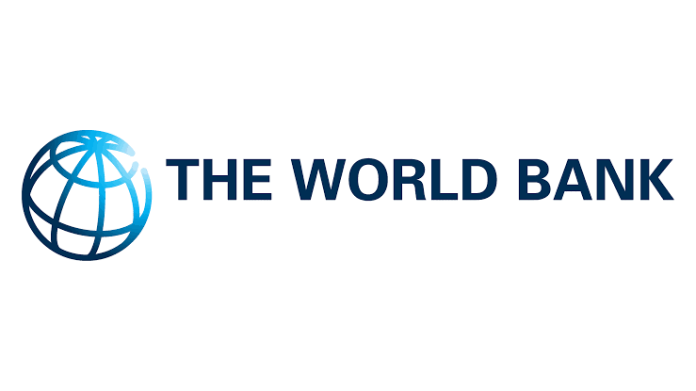WORLD BANK WARNS OF RISING POVERTY IN NIGERIA
Nigeria is facing a troubling economic future, with poverty projected to rise significantly despite modest growth in some sectors. According to the World Bank’s latest Africa Pulse report released during the Spring Meetings of the International Monetary Fund (IMF) and World Bank in Washington D.C., Nigeria is poised to experience a 3.6 percentage point increase in poverty between 2022 and 2027—the steepest rise in Sub-Saharan Africa and the only increase among the continent’s economies.
The report presents a stark warning: while Nigeria recorded unexpected growth in late 2024, particularly outside the oil sector, this has not translated into meaningful poverty reduction. Instead, the nation’s dependence on natural resources, coupled with its fragile institutional environment, is exacerbating poverty rather than alleviating it. “Resource-rich, fragile countries like Nigeria and the Democratic Republic of Congo,” the report states, “are expected to see worsening poverty trends, in sharp contrast with their non-resource-rich peers.”
The data reinforces Nigeria’s persistent paradox: economic activity exists, but it is neither inclusive nor transformative. As of 2024, Sub-Saharan Africa accounted for 80 percent of the world’s 695 million people living in extreme poverty—with nearly half of those concentrated in just four countries, including Nigeria. The report underscores a critical divide: non-resource-rich countries, buoyed by higher agricultural commodity prices, are showing better poverty reduction outcomes even amid fiscal constraints. In contrast, resource-rich nations are being left behind, as oil prices slow and governance structures fail to manage revenues effectively.
On average, extreme poverty in resource-rich fragile states stood at 46 percent in 2024—13 percentage points higher than in non-fragile resource-rich states. The World Bank attributes this to chronic mismanagement, insecurity, and institutional weaknesses. It recommends that Nigeria and similar economies urgently reform fiscal management systems and rebuild trust with their citizens, calling for a stronger fiscal contract and an inclusive policy framework that spreads the benefits of economic activity more evenly.



